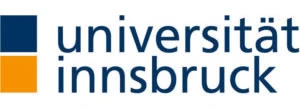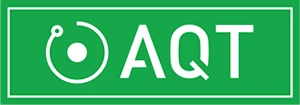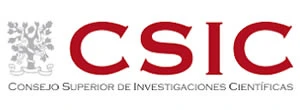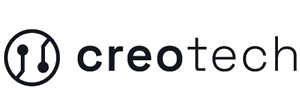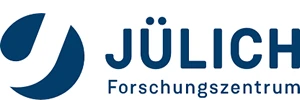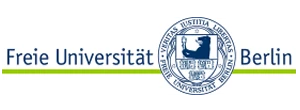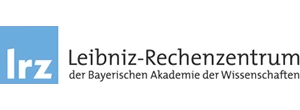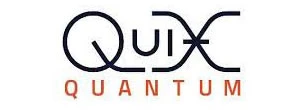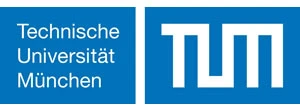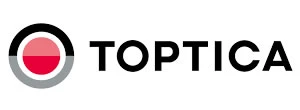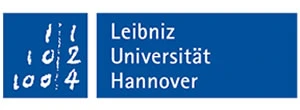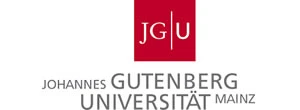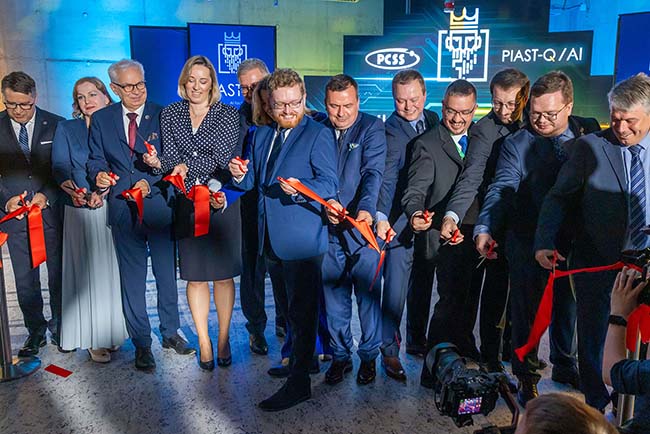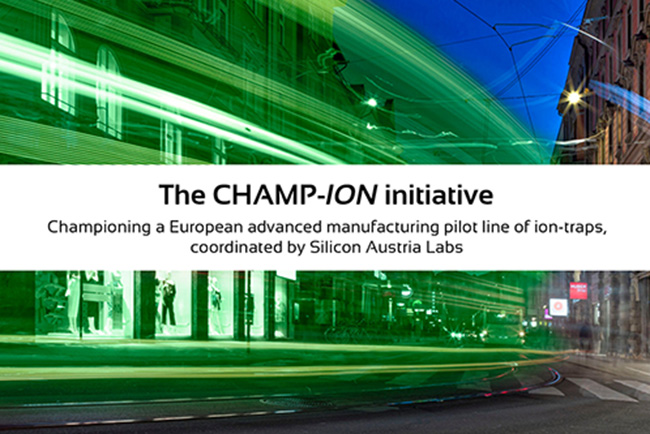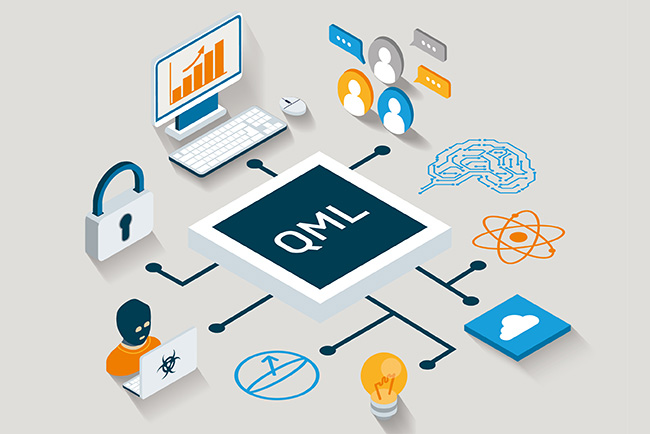April 25th, 2023
AQT is proud partner of EU Flagship project MILLENION
The Millenion project represents a significant step forward in the development of trapped-ion quantum computers. The project’s focus on modular scalability and accessibility is crucial in addressing the challenges that quantum computers face in their transition from laboratory experiments to industrial-grade technologies.
The project’s consortium includes 14 academic and industrial leaders across Europe, who will work together to deliver a modular and scalable quantum computing suite. The suite will feature high-performance cluster integration and a fault-tolerant register of up to 1000 qubits, which will offer a quantum advantage for various use-cases.
MILLENION will maintain European leadership in the quantum information industry, and further deepen the strength of the quantum technology and innovation within Europe of the strategic objectives of the Quantum Flagship.

Partners
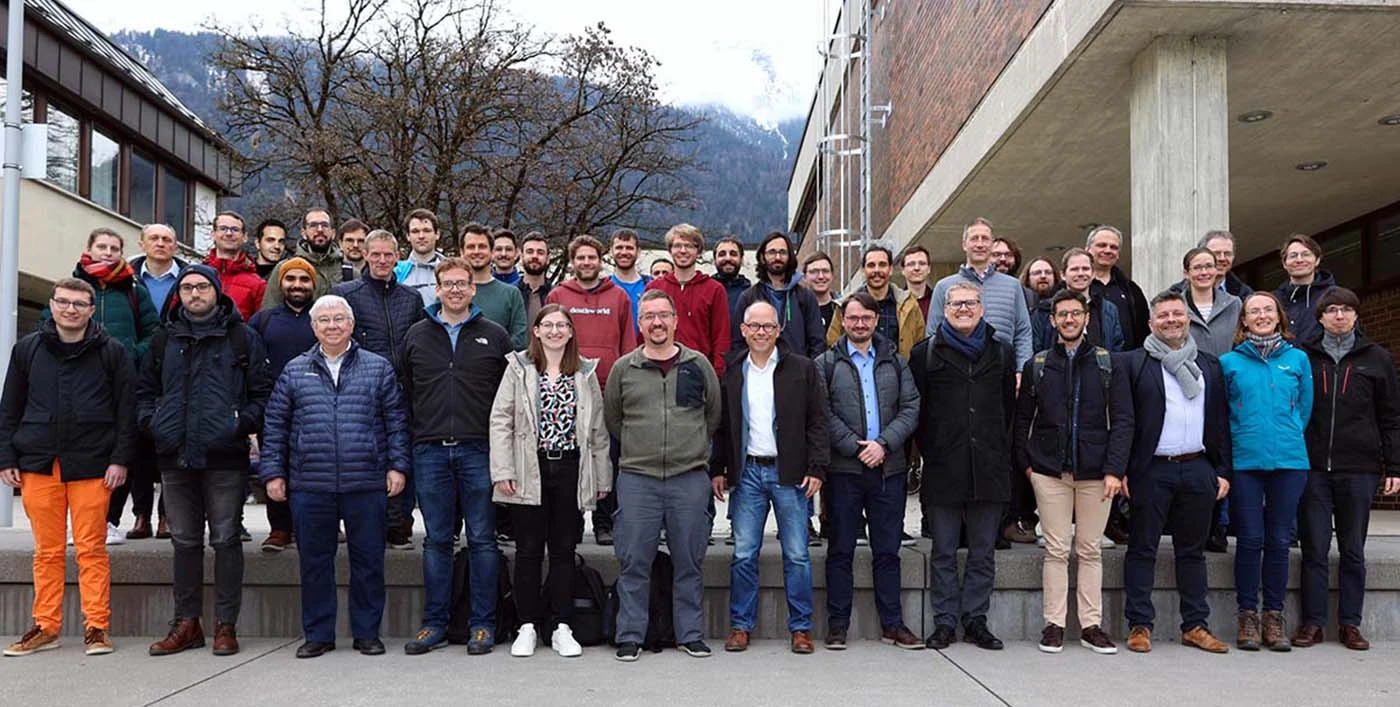
The Millenion collaboration brings together leading science teams who are setting up quantum computers based on trapped ions with commercial leaders in the fields of laser technology, optical design, cryogenic technology, control electronics, and computer architectures. The combination of expertise from these fields will enable the realization of the first scalable quantum computer capable of controlling 1000 qubits.
The new platform builds on the rack-mounted 50-qubit QC demonstrator realized in the flagship project AQTION. The platform will support up to 100 qubits by switching from one-dimensional strings of ions to two-dimensional arrays. Consistently encoding quantum information in the electronic ground state of ion qubits will enable error rates smaller than 10-3 per gate operation compatible with fault-tolerant error correction. In addition, implementing parallel gate operations will enable larger algorithmic depth.
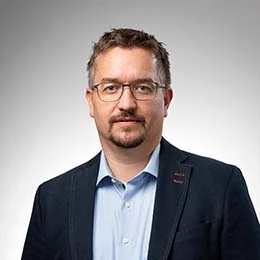
“Our consortium will aggressively pursue disruptive development goals”, says Project Coordinator
Dr. Thomas Monz, Senior Scientist at the University of Innsbruck and CEO of AQT
The new demonstrator devices will be equipped with a hardware-optimized firmware suite and integrated into a high-performance computing (HPC) infrastructure. This will enable a QC/HPC solution with standardized interfaces to various quantum software development kits and cloud accessibility. The platform will also introduce long-range connectivity between quantum processors, paving the way for scalable quantum computing.
The project’s scientific and technological advances will provide a powerful hardware platform that can be exploited by partnering quantum software companies. By extending the ion-trap quantum computing platform to push towards 1000 qubits, realizing fault-tolerant performance levels, and pursuing the demonstration of a European quantum advantage, the project will significantly contribute to the advancement of quantum computing technology.
© Photocredits: Adobe Stock
June 25th, 2025
This first inauguration of a EuroHPC quantum computer marks a milestone in building a European quantum computing infrastructure.
May 19th, 2025
The CHAMP-ION initiative (Championing a European advanced manufacturing pilot line of ion-traps), coordinated by Silicon Austria Labs
April 8th, 2025
d-fine, Fraunhofer AISEC and AQT support the German Federal Office for Information Security (BSI)

